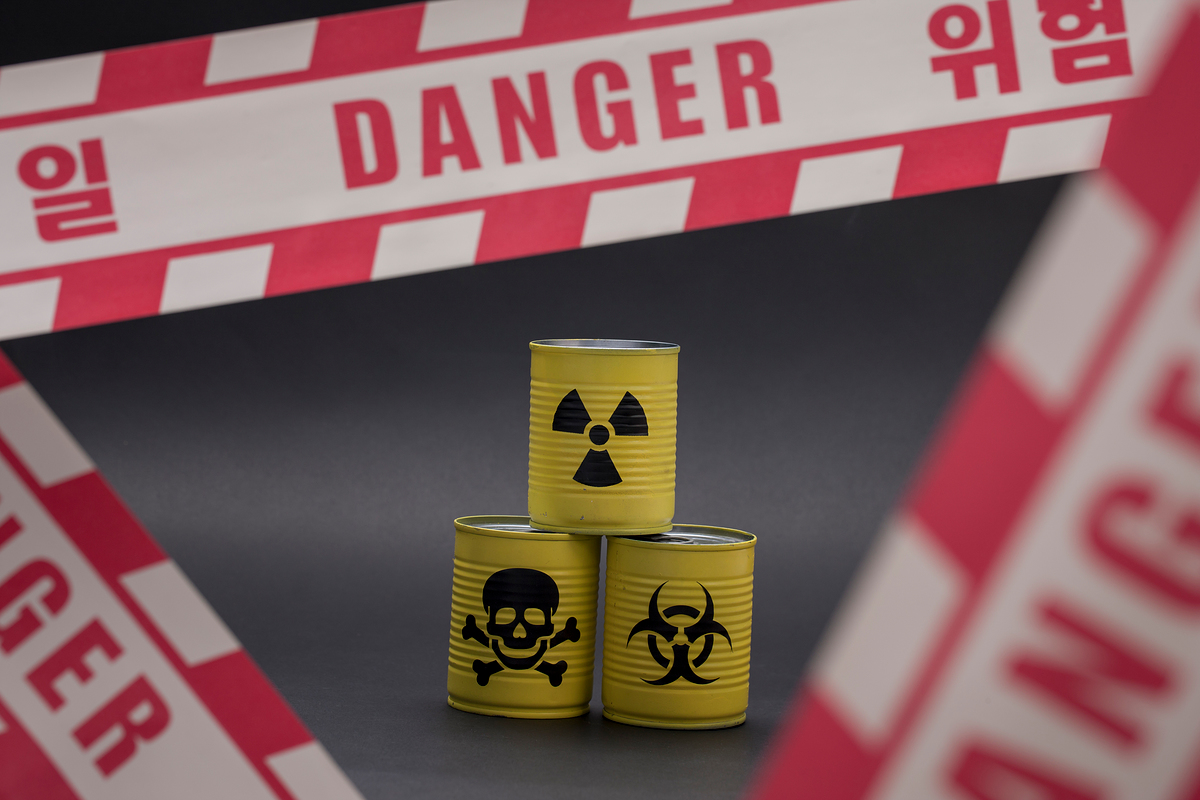Technology/Science
[JW R&D] Installed ‘No. 1’ Blood Irradiator SANGRAY in Korea
‘SANGRAY’, an X-ray type blood irradiator released by JW Bioscience, was installed for the first time in Korea at Gangnam Severance Hospital. SANGRAY is attracting attention from the industry for not only its natural function of preventing ‘graft-versus-host disease (GVHD)’, a disease that can occur after blood transfusion, but also for significantly reducing the risk of exposure to radiation, which has been pointed out as a problem with blood irradiators. We are introducing SANGRAY, a new concept blood irradiator equipped with both safety and economy.
Overcame the limitations of ‘γ-ray’ products with the risk of radioactive leakage … Opening the era of ‘safe blood irradiator’
Graft-versus-host disease (GVHD) is a disease that occurs when lymphocytes contained in blood of another person attack the body of patient with reduced immune function during the process of hematopoietic stem cell transplantation or blood transfusion. As adverse events and mortality are very high, preventive measures are essential. The only medical device used in this process is the blood irradiator.

“Killing two birds with one stone”, Safety is UP! & Management cost is DOWN!
According to the ‘Status of Irradiated Blood Components and Blood Irradiators at Medical Institutions in Korea’ published in the Korean Journal of Blood Transfusion in 2016, there are a total of 48 medical institutions in Korea that have their own blood irradiators, all of which appears to be using a γ-ray type blood irradiator. In particular, 42 institutions, which account for 87.5% of these, are using obsolescence equipment that has been manufactured more than 10 years ago, which increases the above risks.
The γ-ray type blood irradiator can act as a risk factor to the health of the user due to the radiation emitted at all times regardless of whether it is used or not, and is vulnerable to risk management in case of a disaster. In addition, there are various problems such as difficulties in maintenance due to obsolescence and incurring a huge cost of about KRW 150 million per unit when disposing of equipment.
On the other hand, SANGRAY accurately and uniformly irradiates the X-ray generated through the inverter type high voltage generator only when necessary. This feature of SANGRAY, which stand for ‘cesium-free’, is expected to bring many changes to the medical field. The most anticipated aspects are “Safety” and “Efficacy”.
The amount of radiation emitted from SANGRAY is 1/10 of that of γ-ray equipment, which is 1/1,000 of the annual radiation exposure standard known to be harmless to humans. The advent of SANGRAY, which has greatly enhanced safety through denuclearization, must be encouraging news not only for medical personnel using devices, but also for patients receiving transfusions of radioactive blood. This is not the only reason for welcoming SANGRAY.
It is evaluated to have been greatly improve the convenience of the users by applying the latest patented technology that allows the appropriate dose to be stamped on the blood bag at once, and providing a label printer that can immediately record the results of the investigation on the blood bag. In addition, since the dedicated engineer certified by JW Bioscience conducts regular visit inspections, the equipment can be operated in an optimal condition, as well as efficiency by cost saving through free collecting at the time of disposal.
In line with the global trend, the Korean market is also replacing … Operating ‘No. 1 SANGRAY’ at Gangnam Severance Hospital
Recently, major medical advanced countries have also recognized these problems and are strengthening related regulations. In advance countries such as France, Norway, and Japan, there is an active movement to replace blood irradiators with non-radioactive equipment such as X-ray instead of cesium type. This trend is also a testament to the increased awareness of the radioactive spill, represented by the Goiania cesium accident in Brazil in 1985.
The interest in the medical field in Korea is also increasing. On the 22nd of last month, the X-ray blood irradiator SANGRAY was installed at Gangnam Severance Hospital for the first time in Korea. Joo-Hyung Lee, the team leader of Diagnostic Sales Team 1 of JW Bioscience, said, “We plan to increase new clients based on the know-how in managing X-ray equipment that JW Medical has been managing for more than 30 years.” He also added, “As interest in safety in the medical field has increased, we will strengthen our marketing activities to highlight our competitiveness of the new product.”
Please make sure to indicate the source (JW Group Newsroom) when using the content.
Popular posts